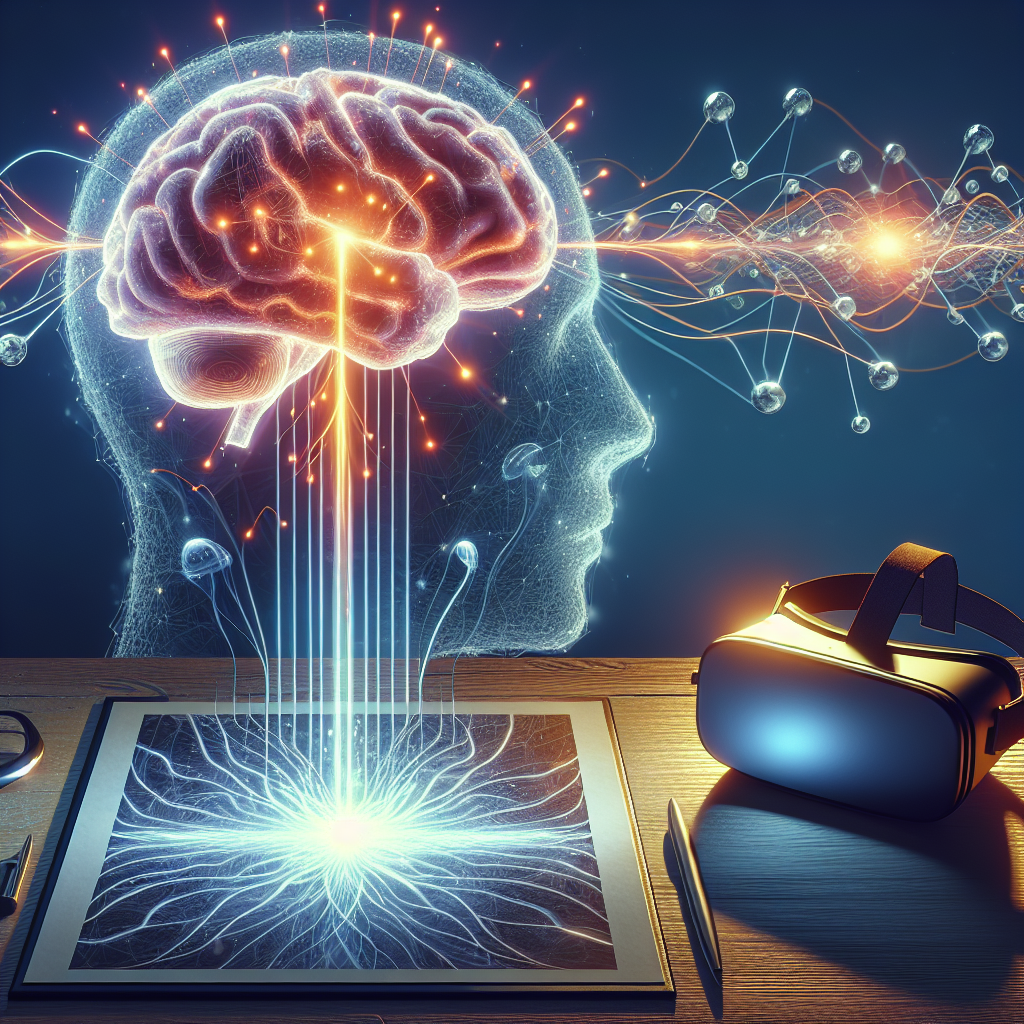Virtual reality (VR) has become increasingly popular in recent years, with more and more people embracing this immersive technology for entertainment, education, and even therapy. But what is it about VR that makes it such a powerful tool for engaging our minds and emotions?
One key aspect of VR that makes it so compelling is its ability to create a sense of presence, or the feeling of actually being in a different place or environment. This feeling of presence is achieved through a combination of realistic graphics, 3D audio, and interactive elements that make users feel like they are truly experiencing the virtual world around them.
This sense of presence can have a powerful impact on our emotions and behavior. Research has shown that VR experiences can evoke strong emotional responses, from fear and anxiety to joy and wonder. This emotional engagement can make VR experiences more memorable and impactful than traditional forms of media, leading to a deeper connection with the content and a greater likelihood of behavior change.
In addition to eliciting strong emotional responses, VR can also influence our perceptions and beliefs. Studies have found that VR can alter our sense of reality, leading us to question what is real and what is not. This ability to manipulate our perceptions can be used to challenge preconceived notions and biases, leading to greater empathy and understanding of different perspectives.
Furthermore, VR has the potential to enhance learning and memory retention. By immersing users in a virtual environment, VR can create a more engaging and interactive learning experience that is more effective at capturing and holding our attention. This can lead to improved learning outcomes and a greater retention of information compared to traditional methods.
Overall, the psychology of virtual reality is a fascinating and rapidly evolving field that offers a wealth of opportunities for exploration and discovery. By understanding the power of immersive experiences, we can harness the potential of VR to create more engaging, impactful, and transformative experiences for individuals in a wide range of contexts. Whether used for entertainment, education, therapy, or beyond, VR has the power to shape our perceptions, emotions, and behaviors in profound ways. As we continue to unlock the potential of this technology, the possibilities for its applications are truly endless.

Leave a Reply
You must be logged in to post a comment.